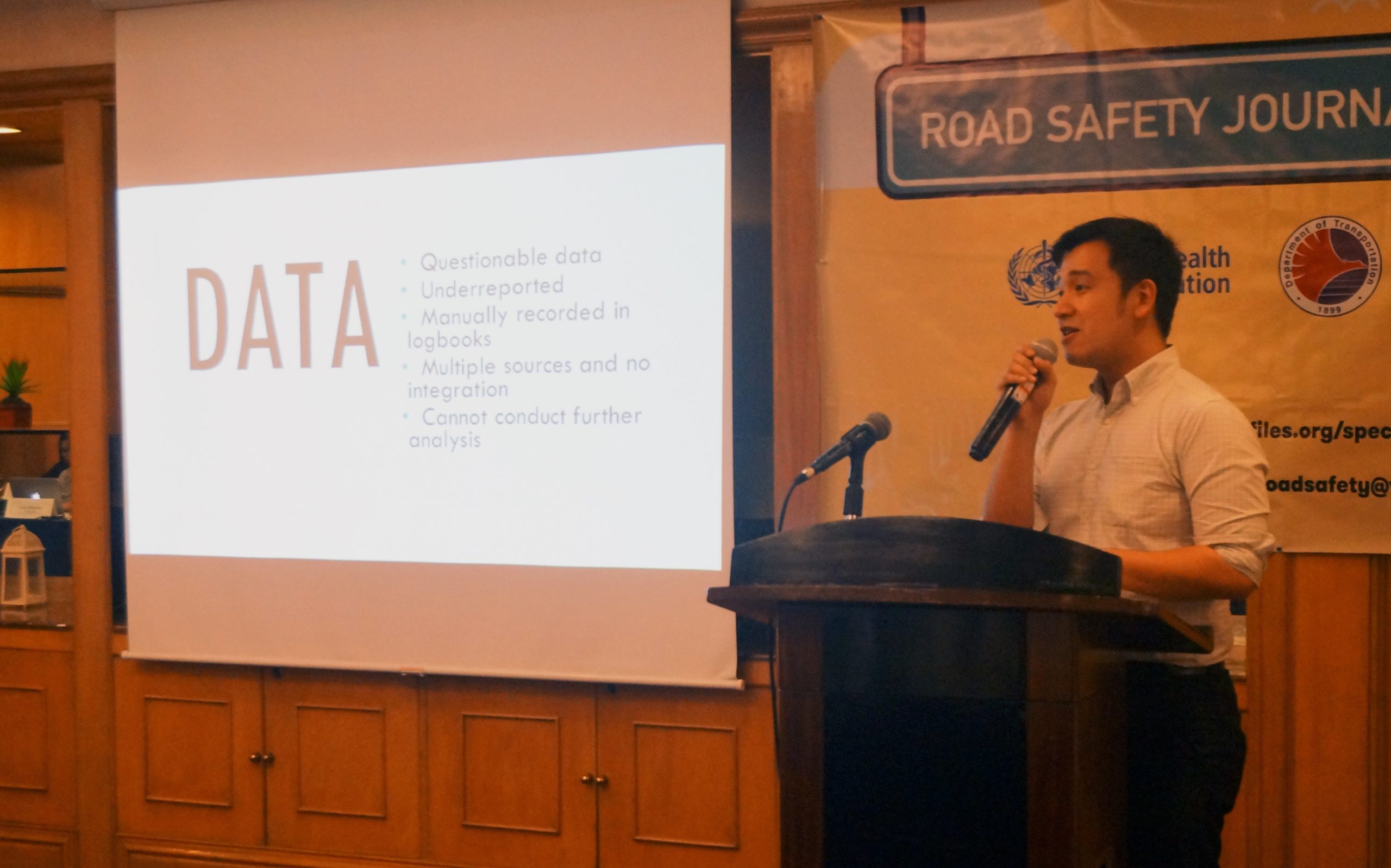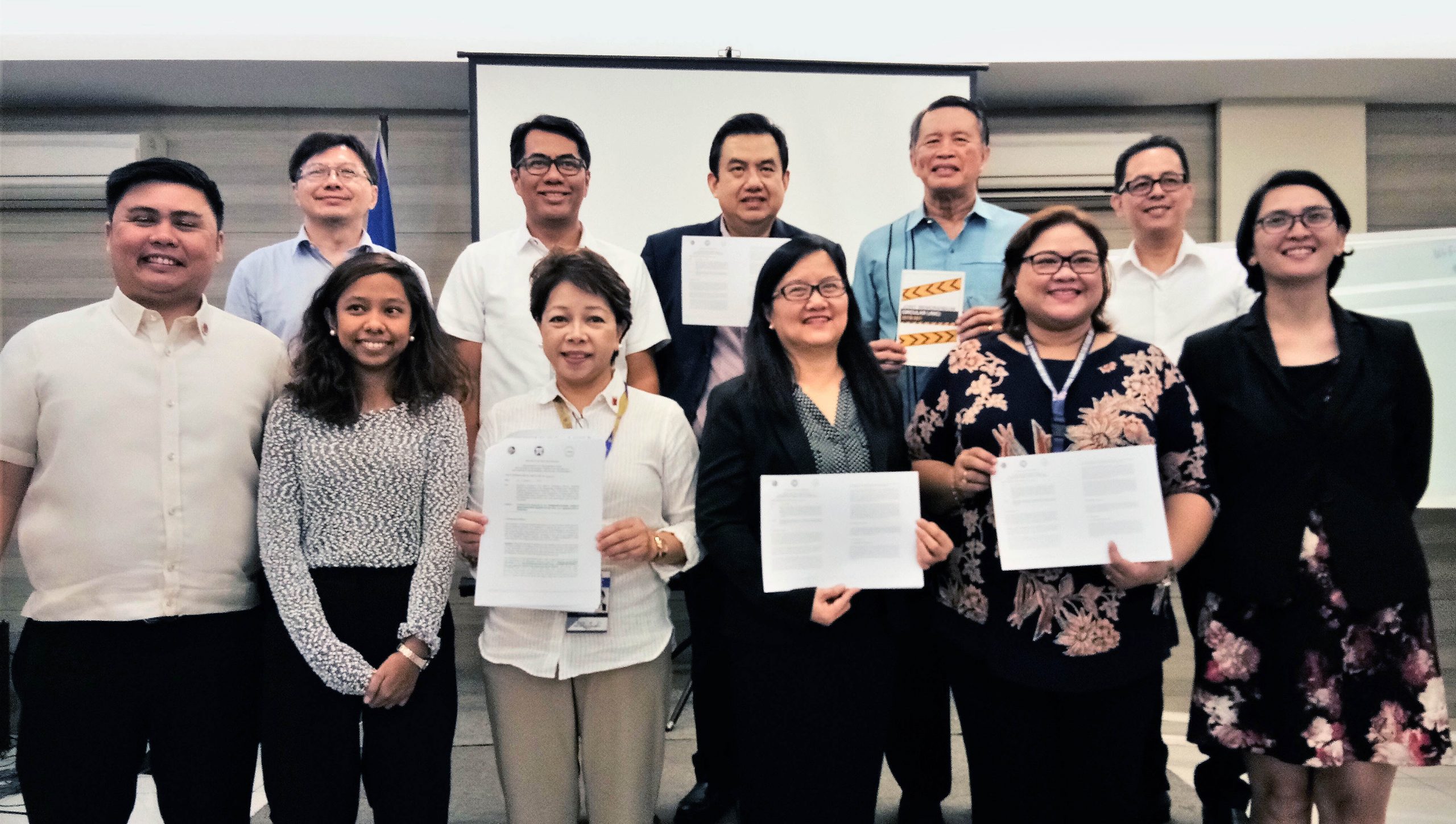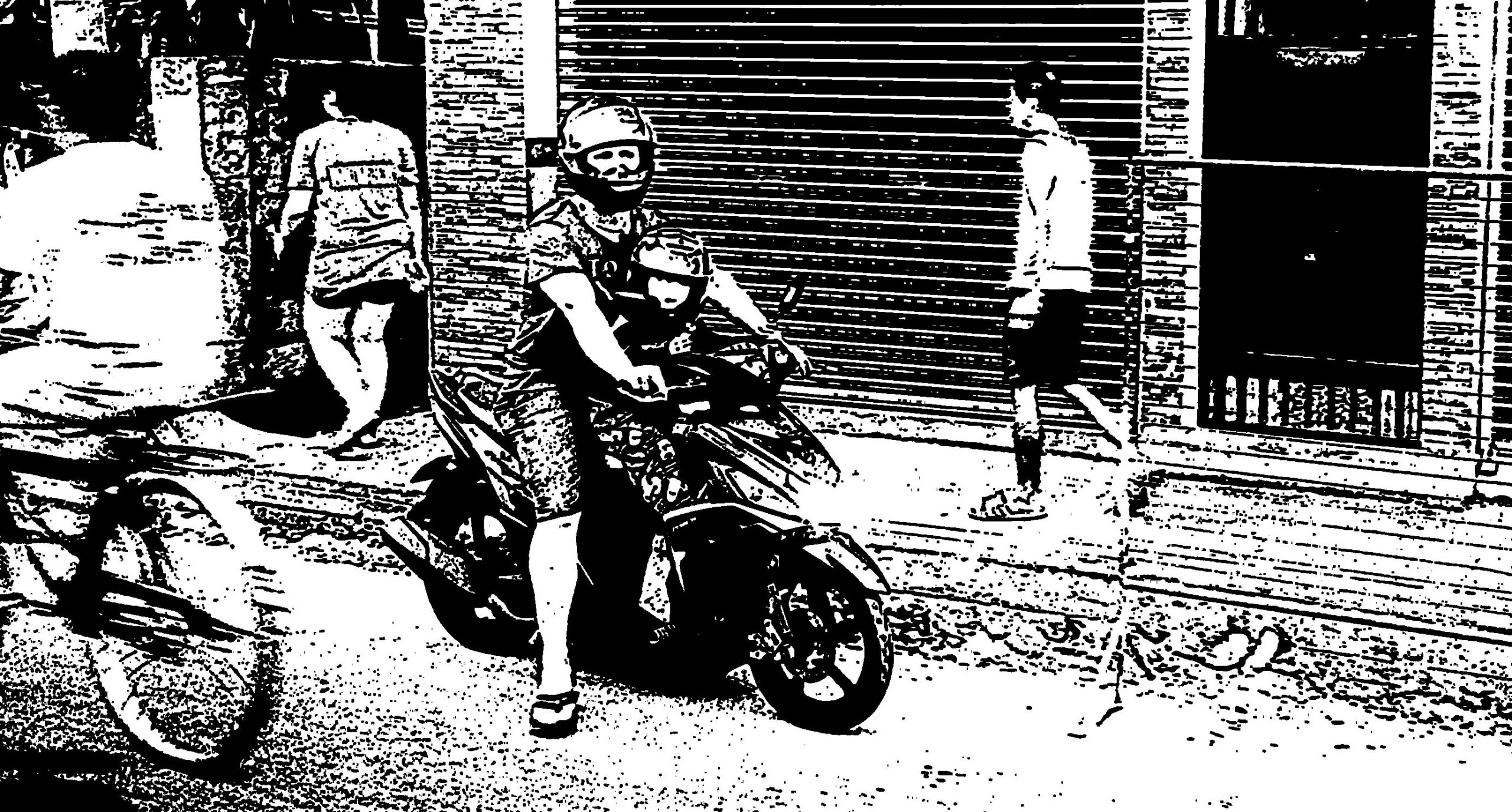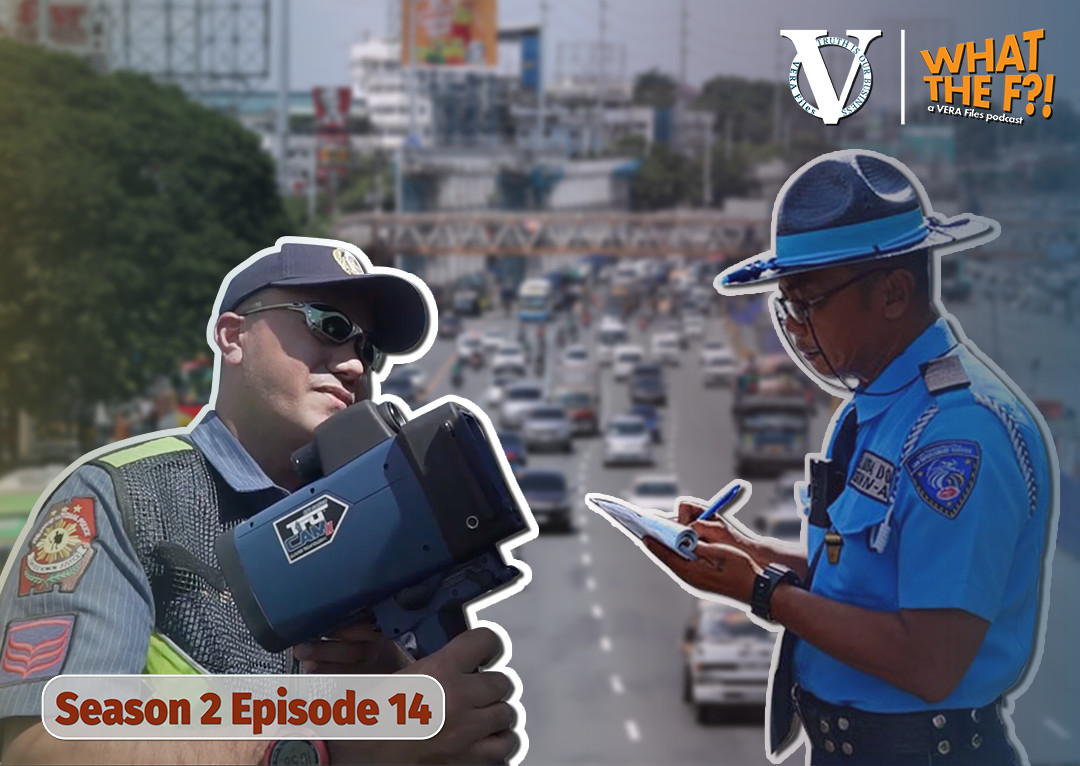Remember JARVIS, Tony Stark’s artificially intelligent computer in Iron Man? The Philippines will soon have its own — and it could save your life.
Just Another Road Safety’s Very Intelligent Service (JARVIS), is a newly-invented hands-free mobile application prototype that enables drivers to report crashes to nearby hospitals.
Often, in Philippine roads where immediate emergency response services are lacking, the responsibility of reporting road crashes within the critical lifesaving hour often falls on bystanders.
But a voice away through JARVIS, drivers can provide key details of a road crash, such as the location, the vehicles involved and the type of collision. Other drivers, meanwhile, will be notified of road crashes that could cause traffic jams within the vicinity.
JARVIS bagged the top spot in this year’s Road Safety Idea Hack, a nationwide hack-a-thon conducted by the Department of Transportation (DOTr) on March 13 and 18 in Quezon City.
“Hackathon” is a portmanteau of the words “marathon” and “hacking.” But “hack,” in this case, doesn’t mean to steal confidential information. Instead, it is a collaborative computer programming competition where software developers, creatives and road safety experts gathered to brainstorm new ideas and devise solutions to make the country’s roads safer using open traffic data.
Idea Hack is an initiative to tap potential of open data in crafting evidence-based interventions to reduce by half the number of road crash deaths, which the World Health Organization (WHO) estimates at 1.2 million worldwide each year.
“While some road crashes can be predictable and preventable, efforts to systematically reduce crashes in resource-constrained environments have been stymied by lack of accurate, geo-referenced crash and health outcome data to support targeted interventions,” the organizers of Idea Hack said in a statement.
Improving emergency medical response services for road crash victims, which JARVIS hopes to address, is just one of the goals of the hack-a-thon.
Second place went to DriVR, a comprehensive driver examination in virtual reality that tests drivers in actual Metro Manila traffic conditions for road courtesy, safety techniques and respect for the law.
Data science team Thinking Machines came in third with its study unlocking hidden patterns of Metro Manila road crash data based on the Metro Manila Development Authority’s statistics over a 10-year period.
Road crash reporting platform now online
The hack-a-thon’s highlight was the launch of the Data for Road Incident Visualization Evaluation and Reporting (DRIVER), a web-based and open-source national system for recording road crashes on their location and analyzing them, which was developed by the Philippine government and the World Bank.
The system, which provides road crash data including time, date, location, and severity of a crash, links up data from local government units, the police, and hospitals.
A streamlined data collection scheme, it eliminates redundancies and mismatches in recordkeeping via the pen and paper blotter system.
One can filter data based on the severity of crashes, the reporting agency, and the main cause of the road crash in a given period.
It also displays the total economic loss and societal harm due to road crashes.
The website, which can be publicly accessed at www.roadsafety.gov.ph, has recorded more than 4,000 road crashes in pilot cities Metro Manila, Cebu and Dipolog since Sept. 30, 2016.
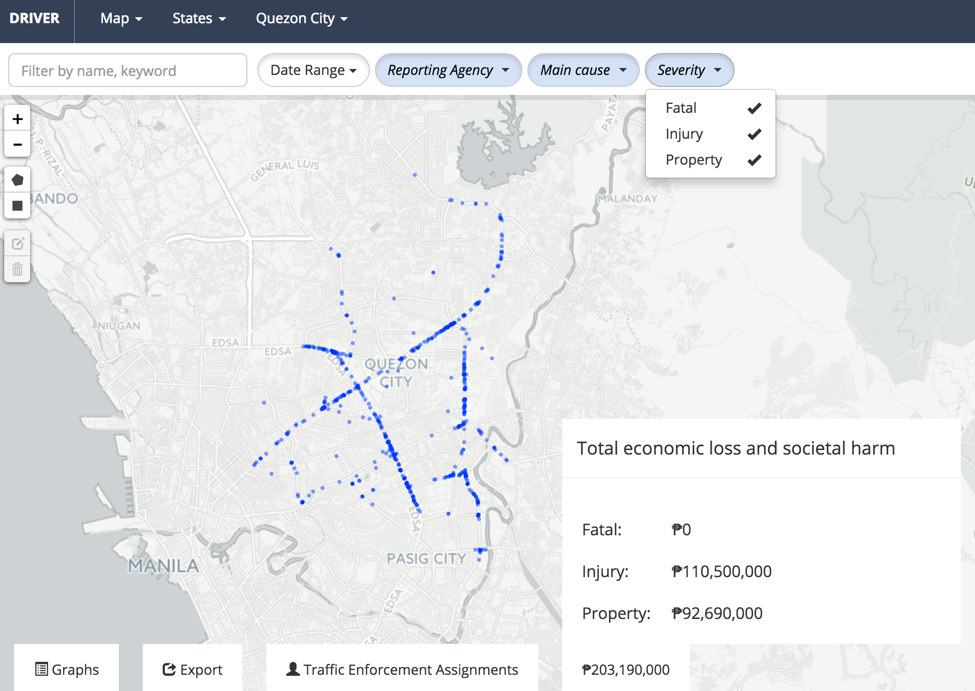
DRIVER displays road crashes in Quezon City from January 1, 2017 to March 2, 2017.
Soon, DRIVER will aim to integrate data on traffic congestion, locations of emergency services and hospital facilities, and public transit routes.
Aside from idea generation, DRIVER and Idea Hack aim to raise awareness on the importance of road safety data in decision-making, and further gather political support for DRIVER, whose statistics can be used in road safety research, legislation, and evidence-based policymaking.
Accurate and reliable data on road crashes and multi-sectoral collaboration are crucial to achieve the goals of improving the state of transportation and road safety in the country, DOTr Assistant Secretary for Land Transport and Infrastructure Mark de Leon said.
Road safety advocates have earlier decried the lack of a reliable data collection system in the Philippines, which lawmakers could use in evaluating and monitoring existing road safety laws. (See Despite glaring data, road crashes ‘not a public health issue’)
Miguel Enrico Paala, one of the proponents of DRIVER, said the biggest challenge so far is how to make the system sustainable.
In an earlier interview with VERA Files, he said the government has had initiatives to establish a few computerized data collection schemes on road crashes, but didn’t prosper in the long run.
Though promising, the Traffic Accident Reporting System, which was maintained by the Department of Public Works and Highways, was discontinued since traffic enforcers weren’t equipped to provide inputs demanded by the system, such as road geometry.
This is what DRIVER hopes to address, Paala said.
While it is a step forward in road safety, the organizers said the Road Safety Idea Hack is not “a magic bullet” or “an end-all, be-all solution” but part of a larger effort in making the country’s roads safer.
This story is produced under the Bloomberg Initiative Global Road Safety Media Fellowship implemented by the World Health Organization, Department of Transportation and VERA Files.


